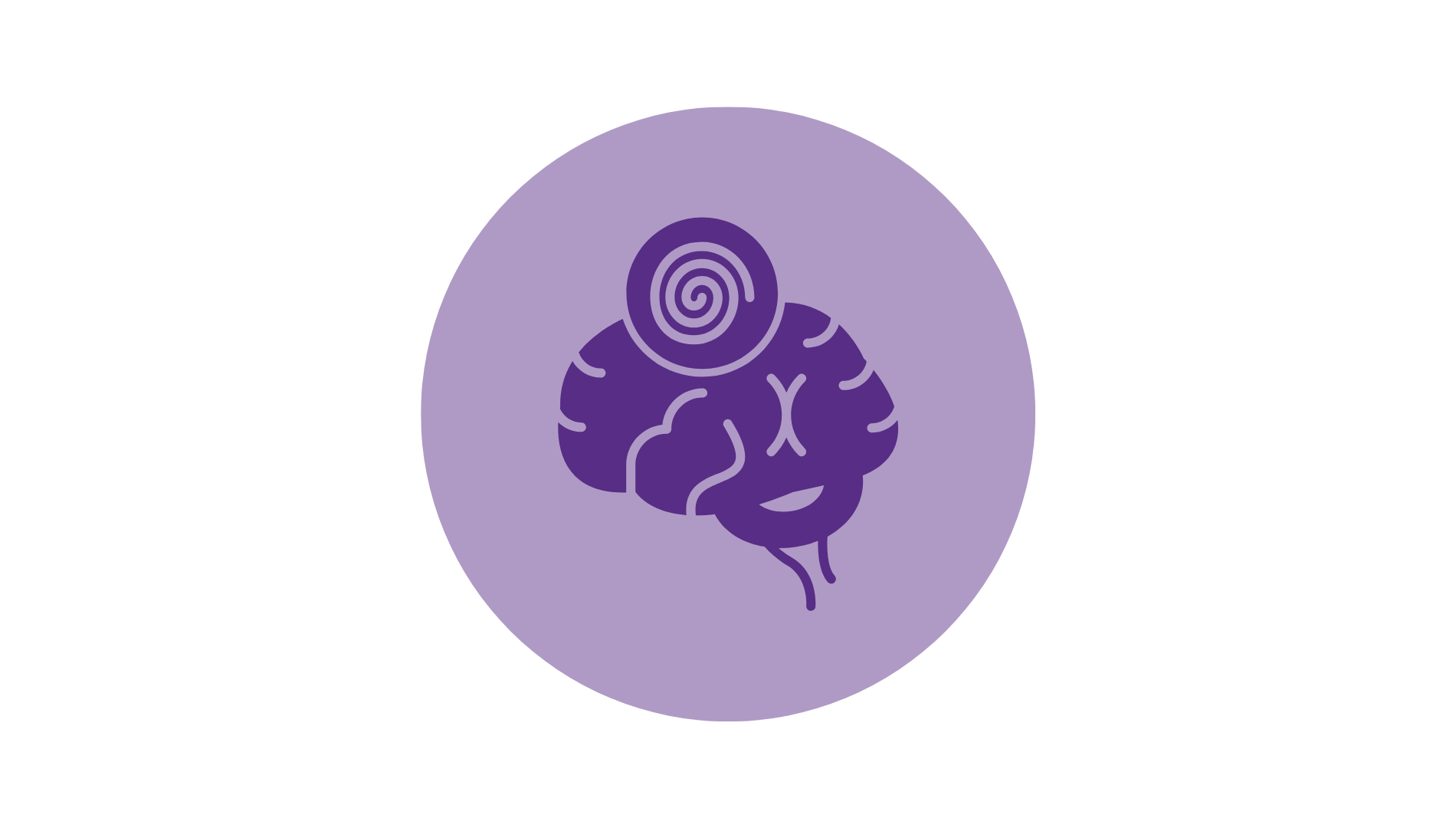Does Hypnosis Work? The Science and Truth Behind the Subconscious Shift
Written by Alexandra Janelli, Hypnotherapist & Founder of Go burble
Why People Ask If Hypnosis Works
Every year thousands of people type into Google: “Does hypnosis work?” Behind that question sits curiosity, doubt, and sometimes desperation for change. Hypnosis has been portrayed everywhere from Hollywood movies to stage shows, often clouded with myths. But strip away the stereotypes, and you’ll find hypnosis is a measurable, scientifically supported tool that helps people reprogram thought patterns and behaviors at the subconscious level.
What Hypnosis Actually Is
Hypnosis is not mind control or magic. It’s a natural state of focused attention—something we all slip into daily, like when you’re absorbed in a book or driving on autopilot. In this state, your conscious mind quiets down, giving you access to your subconscious, where habits, emotions, and automatic responses live.
The Science Behind Hypnosis
Researchers have been studying hypnosis for decades, and the results are clear:
Brain imaging studies show changes in areas tied to attention, perception, and memory.
Clinical trials demonstrate effectiveness for pain reduction, anxiety, stress, IBS, sleep, and habit change.
Harvard research reveals that hypnosis alters brain connectivity, making suggestions more effective.
In simple terms: hypnosis works because it helps your brain accept new patterns, much faster than conscious willpower alone.
Common Areas Where Hypnosis Works
Stress & Anxiety – By calming the nervous system and reframing subconscious associations.
Sleep – Easing racing thoughts so the body naturally drifts into rest.
Weight Release – Targeting the mental habits that drive cravings and overeating.
Confidence & Performance – Building new self-beliefs at the core level.
Health Conditions – From IBS to chronic pain, hypnosis is endorsed by medical bodies as a supportive therapy.
Why People Doubt Hypnosis
Doubt comes from:
Stage hypnosis stereotypes that make it look like entertainment.
Lack of awareness about the scientific research.
Confusion with meditation. Meditation brings calm, but hypnosis goes further: it’s goal-oriented and designed to create change.
Hypnosis vs. Meditation
Meditation helps you observe your thoughts. Hypnosis helps you change them. That’s why apps like Go burble are built not just to soothe you but to actively reprogram outdated patterns.
How Hypnosis Works in Everyday Life
Think about a time you’ve said, “I know what I should do, but I can’t seem to do it.” That’s your subconscious running the show. Hypnosis bridges that gap—helping your subconscious align with your conscious goals, so change feels natural and lasting.
Key Takeaway
So, does hypnosis work? Yes—when it’s guided by science, focused on your goals, and used consistently. It’s not about losing control; it’s about gaining it at the deepest level.
Ready to experience how hypnosis really works? With Go burble, you create personalized guided sessions that target your subconscious, helping you shift habits, stress, and emotions in ways meditation never could.

